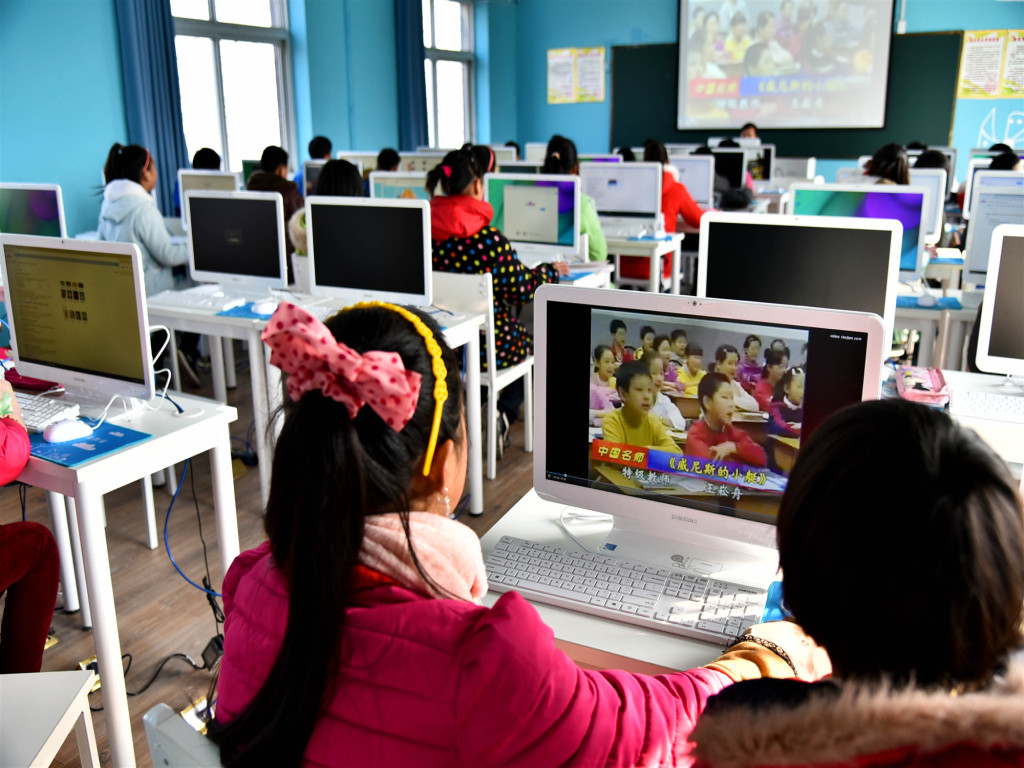AI, local support and programs aid rural areas
By Xu Junqian in Hangzhou | China Daily | Updated: 2019-07-29 10:27

As English-language teaching penetrates China's smaller cities and rural areas, the role of technologies such as artificial intelligence and support from people in all walks of life are proving important and helpful, according to experts and educators at the 2019 Global English Education China Assembly in Hangzhou, Zhejiang province.
For example, Huichang Gaopai Middle School in Ganzhou in the eastern province of Jiangxi has benefited from an education program initiated by China Daily.
The program aims to expand access to high-quality English education resources and help to improve the competence of English teachers as a way of boosting foreign-language tuition.
"Both teachers and students have been greatly cheered and encouraged by the program, and we are already seeing positive results in the students' performances," said Cai Minsheng, the school's headmaster.
"The program is phenomenal," said Deborah J. Short, president-elect of the TESOL International Association.
At the latest general high school entry exam in June, the overall scores achieved by graduates of schools in the program ranked fourth among 22 local middle schools, up from 15th last year.
"The biggest challenge in rural English education is the lack of teachers. I don't think students are less exposed to or connected with foreign cultures today thanks to smartphones and cellular data," said Maiko Lin, vice-president of Global Teaching Resources at iTutor Group, an online English-language education provider.
The company has partnered with China Daily for the program, offering technological support and education resources.
It has built a virtual learning space known as the "dual-teacher classroom", in which "cyberclasses" are held twice a week. As a result, both teachers and students at the middle schools are exposed to a more authentic language-learning environment provided by native-speaking English teachers in bigger cities or even outside China.
Rod Ellis, a research professor at the School of Education at Curtin University in Perth, Australia, and a keynote speaker at the assembly in Hangzhou, supported the method. "I don't think one needs to be exposed to foreign cultures in order to learn a foreign language," he said.
























